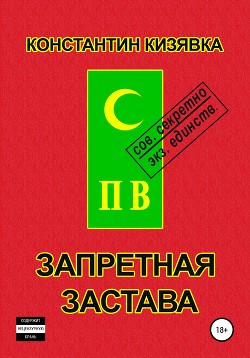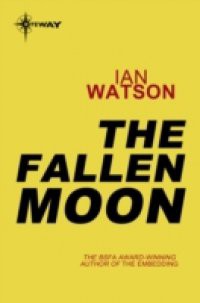The concept of 'the national interest' is an ever present feature of contemporary diplomatic discourse and has been widely analysed by historians and political scientists. However, there has not been a systematic investigation of the term from the range of theoretical perspectives which comprise the discipline of International Relations. This book fills this gap by explaining how the term is variously understood by realist, Marxist, anarchist, liberal, English School and constructivist theories of International Relations. It is argued that far from having a clear and unambiguous meaning, 'the national interest' is a problematic term which is largely devoid of substantive content. While realists traditionally, and constructivists more recently, claim that 'the national interest' is a key explanatory tool in the analysis and understanding of contemporary foreign policy, Scott Burchill argues that beyond the narrow aspect of security policy, the national interest has little residual value as an insight into the motivations of state policy in the external realm.




















